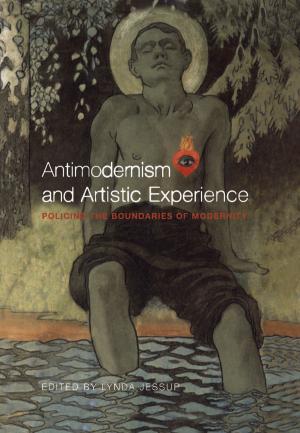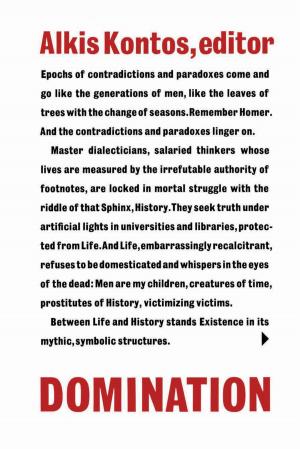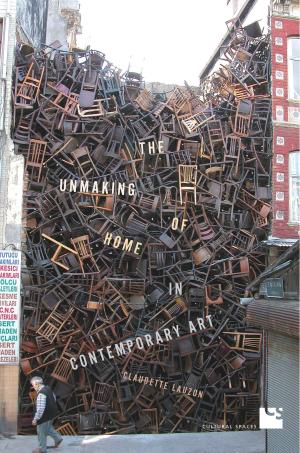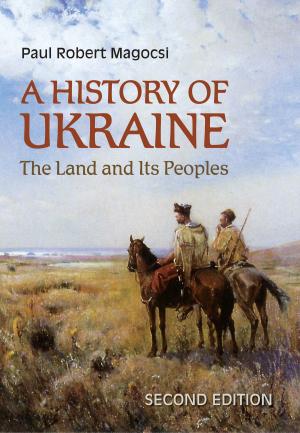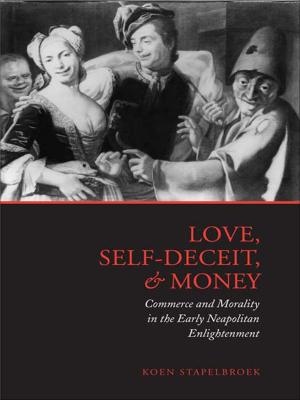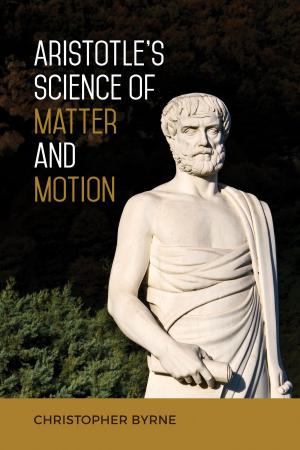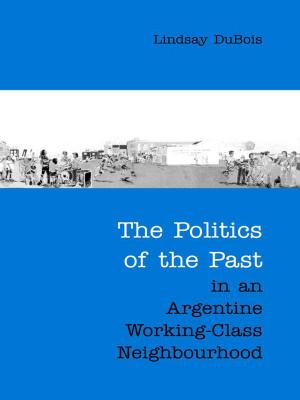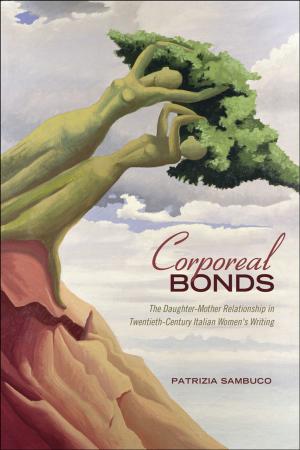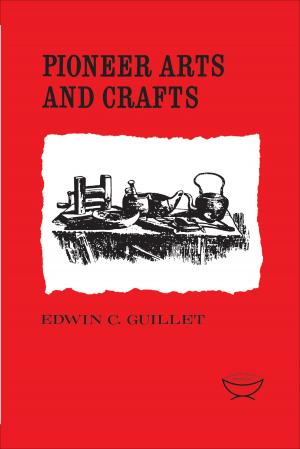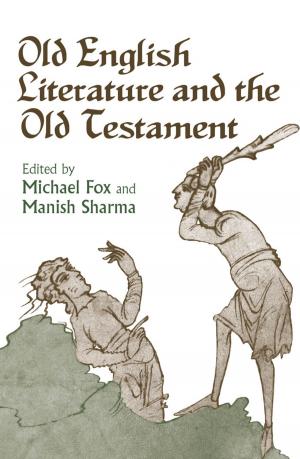Looking Into Providences
Designs and Trials in Paradise Lost
Fiction & Literature, Literary Theory & Criticism, Medieval, Nonfiction, History, Renaissance| Author: | Raymond Waddington | ISBN: | 9781442667853 |
| Publisher: | University of Toronto Press, Scholarly Publishing Division | Publication: | October 19, 2012 |
| Imprint: | Language: | English |
| Author: | Raymond Waddington |
| ISBN: | 9781442667853 |
| Publisher: | University of Toronto Press, Scholarly Publishing Division |
| Publication: | October 19, 2012 |
| Imprint: | |
| Language: | English |
What is the role of providence in Paradise Lost? In Looking into Providences, Raymond B. Waddington provides the first examination of this engaging subject. He explores the variety of implicit organizational structures or ‘designs’ that govern Paradise Lost, and looks in-depth at the ‘trials,’ or testing situations, which require interpretation, choice, and action from its characters.
Waddington situates the poem within the context of providentialism’s centrality to seventeenth-century thought and life, arguing that Milton’s own conception of providence was deeply influenced by the theology of Jacob Arminius. Using Milton’s Arminian conception of free will, he then looks at the providential trials experienced by angels and humans. Finally, the work explores the ways in which providentialism infiltrates various kinds of discourse, ranging from military to medical, and from political to philosophical.
What is the role of providence in Paradise Lost? In Looking into Providences, Raymond B. Waddington provides the first examination of this engaging subject. He explores the variety of implicit organizational structures or ‘designs’ that govern Paradise Lost, and looks in-depth at the ‘trials,’ or testing situations, which require interpretation, choice, and action from its characters.
Waddington situates the poem within the context of providentialism’s centrality to seventeenth-century thought and life, arguing that Milton’s own conception of providence was deeply influenced by the theology of Jacob Arminius. Using Milton’s Arminian conception of free will, he then looks at the providential trials experienced by angels and humans. Finally, the work explores the ways in which providentialism infiltrates various kinds of discourse, ranging from military to medical, and from political to philosophical.



